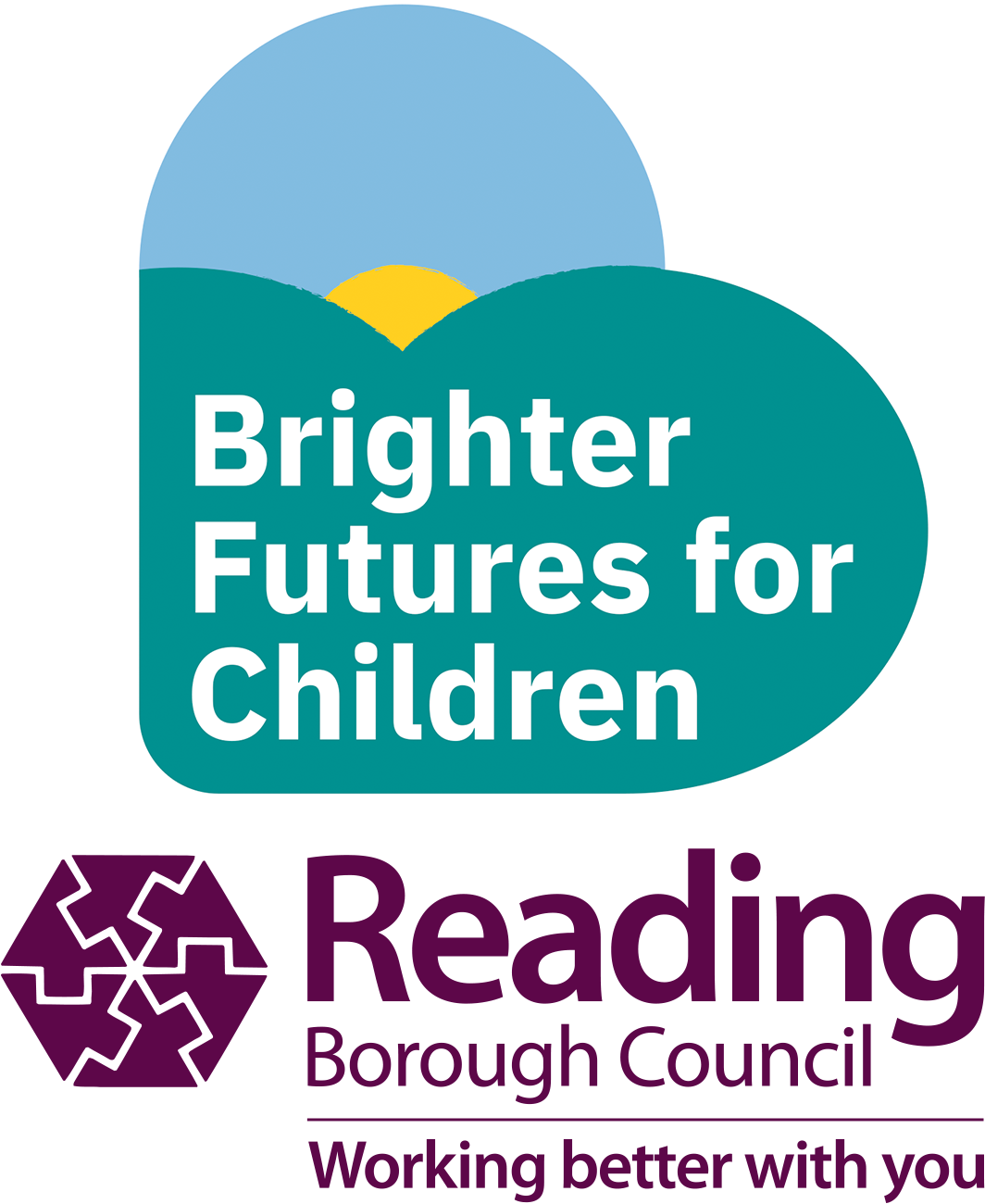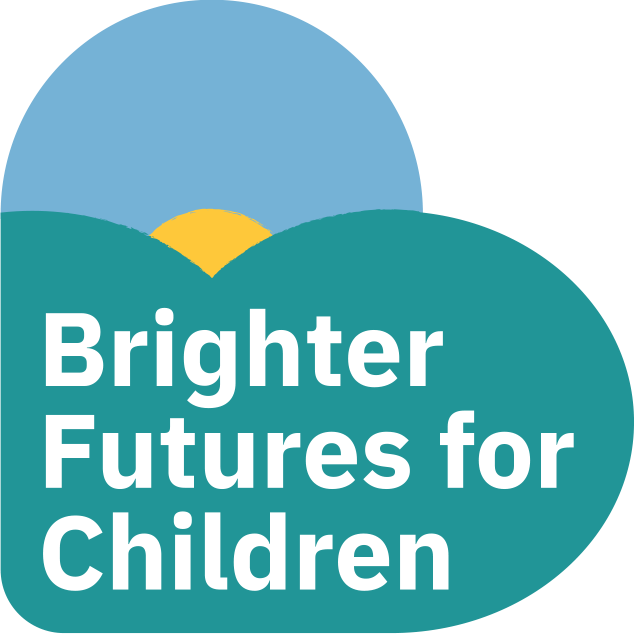- Home
- Professionals
- Virtual School
About the Virtual School in Reading
This section is about our Virtual School and how we can work together to help children looked after and care leavers achieve their educational goals
“Every single moment, of every single day, matters for a child looked after.”
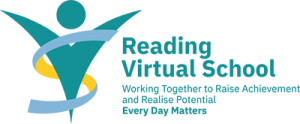
This is the mantra of the Virtual School. Children looked after, and care leavers, often miss experiences enjoyed by their peers so it is our duty and mission to work in partnershipwith other professionals to create those moments. We must advocate determinedly for their rights and ensure we maximise every single opportunity to help them trust, develop, and grow in all areas of their learning and life.

What is the Virtual School?
The Virtual School exists to raise educational attainment and aspiration and narrow the gap between looked-after children and their peers. Improving life chances and raising awareness of corporate parenting responsibilities is another key aspect of this work. There is absolute commitment from all members of the Virtual School to support children looked after (CLA) through strong advocacy and collaborative engagement.
The Virtual School maintains a school roll of all Reading’s children looked after including children living outside of Reading in other local authorities and exists to narrow the gap between children looked after, children previously looked after and their peers.
Improving life chances and raising awareness of corporate parenting responsibilities is another key aspect of the Virtual Schools work with absolute commitment from all members of the Virtual School.
The Virtual School attends termly personal education plan (PEP) meetings, tracks and monitors children’s attainment, progress, attendance and promotes inclusive and trauma informed practice. It also oversees admission arrangements and offers training, support and guidance to Social Workers, Carers, Designated Teachers, and Schools.
The Virtual School offers a range of support services and funded interventions for children looked after to broaden horizons, raise aspirations and offer life changing opportunities. Our mission is for professionals to work in partnership and together be determined advocates for our children, to transform lives and shape futures using an holistic, personalised approach to meet the needs of every child looked after.
The Virtual School also provides advice and information to schools, parents, guardians and social workers for children who are previously looked after or who are supported through child in need or child protection plans.

Our priorities
- To discharge the statutory duty to promote the educational achievement of children looked after and children previously looked after
- To support children looked after to achieve their educational goals, attain good qualifications, and have a positive, inclusive school experience
- To improve the educational attainment, attendance and engagement of children looked after through termly, high quality personal education plans (PEPs) and the effective allocation of the pupil premium plus grant (PPPG)
- To implement the post-16 pupil premium plus programme and the extended duties for children with a social worker.
All children looked after must have a care plan, of which the personal education plan (PEP) is an integral part and should be used by all professionals to support the personalised learning and emotional health and well-being of the child.
The PEP is a is a statutory requirement for all children looked after from the age of two up to eighteen. The Virtual School quality assures and signs off PEPs each term. PEP meetings are held termly in the young person’s education setting involving the:
- young person
- social worker
- carer
- designated teacher
Children looked after have the opportunity to share their views and wishes at their termly PEP meetings. They have their own section in their PEP where they can store photographs from activities such as the “Making Memories Project” This project is funded and invites children to choose fun activities with their carers to create special moments and memories.
The Virtual School has an education plan which schools can access and implement for children who have been previously looked after and are adopted or placed on a special guardianship or child arrangement order in consultation with parents and guardians.
See documents below for guidance.
PPP Funding for children looked after
Pupil premium plus funding, or grant (PPPG) is allocated to the Virtual School by the Department for Education to improve outcomes for children looked after and support their learning, and emotional health and well-being. PPPG is discussed, requested and approved through SMART targets in children’s PEPs and is based on a needs-led funding model.
The Virtual School, designated teachers, social workers and carers discuss and agree appropriate SMART targets at PEP meetings with PPPG requests, which are then submitted to the Virtual School for approval and sign off.
A range of interventions are funded including:
- 1:1 tutoring
- small group work
- the Letterbox National Reading scheme
- transition support
- inclusion support
- Educational Psychology assessments
- therapeutic support
- mentoring
- educational visits
- extra-curricular activities and resources such as digital technology and sensory toolkits.
PPP Funding for children previously looked after
For children who have been previously looked after and are adopted or placed on a special guardianship or child arrangement order the PPPG is allocated to schools.
Schools should contact parents at the start of the academic year, and any in-year admissions, to inform them about support and funding available if their child is previously looked after. Adoptive parents and guardians may speak to the designated teacher and confirm their child is previously looked after.
Schools can then claim the PPPG via the school census and meet with adoptive parents and guardians to discuss how it is being used to benefit their children’s education and well-being.
See supporting documents below.
A key aspect of the Virtual School’s work?is to provide advice, training and guidance to schools, social workers, independent reviewing officers (IROs) and carers about the statutory requirements relating to a child looked after’s education.
The Virtual School works with a range of professionals both in and out of borough and offers comprehensive training. Regular PEP training is offered as well as sessions around attendance, attachment and trauma, embedding inclusive practice, Pupil Premium Plus funding, broadening horizons and raising aspiration.
Click here for the Virtual School training schedule 2024-2025.
Advice is offered to support professionals to implement statutory guidance and the Virtual School also provides educational information regarding children who are previously looked after and who are:
- adopted from care
- on special guardianship orders (SGO)
- on child arrangement orders (CAO)
Attendance, suspensions and exclusions
There is a direct correlation between missed school and lower attainment at the end of key stage 4. Good attendance is a key element in working to close the attainment gap. While an attendance figure of 90% may not sound very low, research in 2016 showed it reduces a child’s chance of achieving 5+ 5-9 grades at GCSE from 81% to around 57%. A child who averages 80% attendance during their secondary school career effectively misses one whole year of education and significantly reduces their chances of good grades. Even for high-achieving students’ poor attendance has a significant negative impact on their grades. It has been shown that missing just 17 days of school in Year 11 reduces final GCSE grades by one level across all subjects.
Suspensions and permanent exclusions for children looked after is not an equal punishment to the exclusion of children within their family’s care. Suspensions or permanent exclusion of a child looked after risks not only the loss of education, but also the loss of their home where they are being looked after, for example through fostering, adoption or connected care.
School issues, specifically multiple exclusions, is one of the two most common reasons for placement breakdowns in secondary-aged children. Children looked after are five times more likely to be excluded from education than those residing within their family’s care and it is the most common cause of persistent absence for this group of children.
As a Virtual School, we understand the individual nature of children and young people’s starting points and acknowledge that for some, a pattern of non-attendance has previously been commonplace. We are working hard to change this narrative.
The attendance of children looked after is monitored daily, with any unexpected absences followed up with the schools and carers, making sure processes are in place so the Virtual School can support children and young people who are at risk of exclusion. For example, using pupil premium plus funding to ensure creative and flexible approaches are used to support inclusion. Attendance and risk of exclusion are key discussions within the personal education plans (PEPS).
Children with a social worker are around three times more likely to be regularly absent from school and between two to four times more likely to be permanently excluded from school than their peers.
Through our strategic work to support children with a social worker and children previously looked after, we are raising the profile of this group of children through highlighting their barriers to learning and ways professionals can work with children and families effectively, to increase aspirations, attainment and outcomes in addition to reducing exclusions and improving attendance.
The Virtual School does not work operationally with children with a social worker or children previously looked after or their families. However, we assist professionals who do offer this support by offering advice, guidance and signposting, including bespoke training and representation in professional meetings and consulting in our drop-in clinics. Parents of children previously looked after, can also attend our drop-in clinics for advice, information and signposting.
Please contact Nicola Blake in relation to children with a social worker: nicola.blake@reading.gov.uk.
Please contact Cathy McCarthy in relation to children previously looked after: cathy.mccarthy@reading.gov.uk.
We use data to monitor school exclusion and suspension rates so we can develop collaborative strategies alongside schools and professionals to decrease incidents. We believe that all education settings should be inclusive and work relentlessly to ensure children with a social worker and children previously looked after are able to academically progress in stable, nurturing environments.
Further guidance about the processes and teams supporting children and families experiencing suspensions and permanent exclusions can be found on our children missing education and exclusions advice page.
If a child hits 10 or more consecutive unauthorised absences, a child missing education referral should be made as the school has a statutory duty to report this to the local authority.
The local authority should also be made aware of children on reduced timetables alongside the SEND Case Officer if a child has an EHCP.
Contact the Children Missing Education team for support, advice and guidance CME@reading.gov.uk.
Further attendance and exclusion guidance can be found on the following government information pages:
Virtual School training offer
For more information about how to book a session for your setting, please contact Cathy McCarthy cathy.mccarthy@reading.gov.uk.
Post-16 and Unaccompanied Asylum Seeking Children (UASC)
We are currently developing our post-16 and UASC offer. See resources currently available below. Keep an eye on this section for further developments.
An unaccompanied asylum seeking child (UASC) is defined by the Home Office as a young person under the age of 18 making an application for asylum in his or her own right in the UK and is not being cared for by an adult who, by law or custom, is responsible for doing so.
A child or young person who is an unaccompanied asylum seeking child will be regarded as in need of accommodation provided under Section 20 Children Act 1989, until an assessment concludes that they are no longer in need of this service.
Reading Virtual School, alongside social care partners, will arrange a personal education plan (PEP) meeting to complete an electronic document that details previous educational experience including first language, literacy and numeracy abilities.
Helpful resources
Our colleagues in Barnet Virtual School have produced a series of videos and booklets about the Post-16 British Education System for Unaccompanied Asylum Seeking Children arriving in the UK. The information is provided in eight languages: English, Arabic, Dari, Kurdish, Pashto, Albanian, Amharic, and Ukrainian. Click the link below.
Unaccompanied Asylum Seeking Children (UASC) | Barnet Virtual School | London Borough of Barnet
Extended duties
In September 2021, the Virtual School welcomed the DfE extended duties, to strategically support children with a social worker (CWSW), who have previously been or who are currently subject to Child in Need and Child Protection Plans. Since September 2024, this has also included children in kinship care arrangements. The extended duties build upon the Virtual School’s statutory work to improve outcomes for children looked after and previously looked after children.
In this extended role, the Virtual School is required to raise the profile and aspirations for CWSW through uniting partners, enhancing existing processes and putting additional interventions in place. It is hoped that effective multi-agency working, and evidence-based practice will lead to improved educational outcomes and experiences for this cohort of children. We believe it is key to be ambitious and to set high expectations. Our three key priorities are:
- Enhancing partnerships between education settings and the local authority so agencies can work together
- Identifying the needs of the cohort and addressing barriers to poor educational outcomes and ensure pupils make educational progress
- Offering advice and support to key professionals to help children make progress, including through increasing their confidence in using evidence-based interventions.
We hope that all those involved in supporting the education of our children under the extended duties – school staff, social care colleagues and parents and carers – will find these documents and resources useful and informative. We are keen to set out a framework to support all our children with a social worker to stay stable, succeed and flourish in their education. We will continue to update our website with guidance, tools and resources, as we develop them, to support this ambition.
Contact our Virtual School team
The Virtual School is here to support and promote children’s continued education while they are looked after. Please contact us about any queries you wish to discuss for children looked after, previously looked after or children with a social worker.
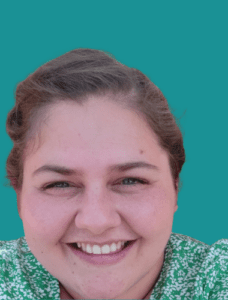
Hello, my name is Rhi, and I am the Acting Head of the Virtual School in Reading. I have a legal duty to promote the education of children looked after and children previously looked after. I also make sure Reading Virtual School supports children with a social worker and those in kinship care. I am extremely proud of our children and young people’s achievements, resilience, and determination to succeed, as well as the advocacy of the adults who support them.
Over recent years, I have worked for the Virtual School in the roles of inclusion support officer and data, inclusion and finance manager. I’ve previously worked in primary schools supporting children with SEND. Now I get to support others to work therapeutically and support our children to have high ambitions for their future.
In my spare time I enjoy spending time with my family in the great outdoors!
You can get in touch with me by emailing rhiannon.begg@reading.gov.uk
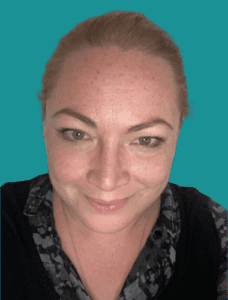
Hello, I’m Sarah, Assistant Headteacher for Secondary and Post-16 at Reading Virtual School. I work to ensure that all Children Looked After are supported to excel in education. My role is to make sure everyone works together to provide the children we support with the right tools to achieve their education goals and aspirations. I started out as an English teacher, before joining the Virtual School and I worked for ten years in a specialist provision as Assistant Head. In my spare time I like to swim, walk and spend time in the countryside.
Contact me at sarah.cross@reading.gov.uk
 Hello, my name is Matt. I am the Assistant Headteacher for Early Years and Primary children at Reading Virtual School. My role is to make sure that children who are looked after have the best possible experience in school, are well supported and achieve their educational goals. You might see me at your personal education plan (PEP) meeting where I enjoy hearing your views about school and learning. Before joining the Virtual School I worked in primary schools for 20 years so I know what it’s like for you in school. In my spare time I like to cook, go for walks and support Ipswich Town Football Club.
Hello, my name is Matt. I am the Assistant Headteacher for Early Years and Primary children at Reading Virtual School. My role is to make sure that children who are looked after have the best possible experience in school, are well supported and achieve their educational goals. You might see me at your personal education plan (PEP) meeting where I enjoy hearing your views about school and learning. Before joining the Virtual School I worked in primary schools for 20 years so I know what it’s like for you in school. In my spare time I like to cook, go for walks and support Ipswich Town Football Club.
You can get in touch with me by emailing matt.bevan@reading.gov.uk
Hello, my name is Nicola and I am the Assistant Headteacher for children with a social worker, previously looked after children and those in kinship, or family & friends care. I am passionate about ensuring that all children are supported to access a high quality and inclusive education to meet their individual needs. I have worked in leadership in virtual schools for over 20 years and, as a qualified social worker and secondary English teacher, have had wide experience of leading multi-agency services and driving forward partnership working to make a difference to outcomes for children. In my spare time, I enjoy reading, cooking and supporting Fulham Football Club!
You can contact me by emailing nicola.blake@reading.gov.uk .
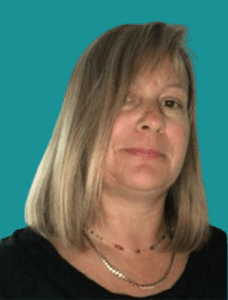
I am Lisa, the Education Support Officer for Reading’s Virtual School. I try to make sure that children who are looked after enjoy their education and achieve to their full potential. The Virtual School subscribes to Letterbox – a national scheme to enhance young people’s experiences in reading and numeracy. I co-ordinate the Letterbox scheme for Reading. I also attend many personal education plan (PEP) meetings, particularly for Year 6 and Year 7 pupils, to help them have a smooth transition from primary to secondary schools. In the past, I have worked in a special school, the youth service and in a specialist fostering team. In my spare time I enjoy walking and playing tennis.
You can contact me by emailing lisa.palmer@reading.gov.uk
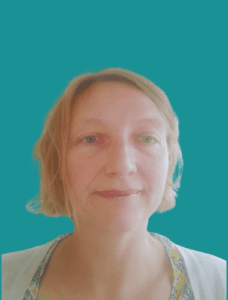
Hello, I’m Cathy McCarthy, Education Advisor for children previously looked after and children with a social worker. I am passionate about championing the voices of children in education. I love working with school staff to reflect and problem solve, finding ways to encourage and enthuse each young person to achieve their potential. Before joining the Virtual School I was a primary school teacher, SENDCo and volunteer for SENDIASS.
You can get in touch with me by emailing cathy.mccarthy@reading.gov.uk .
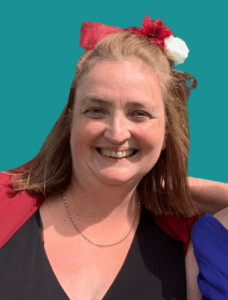 Hello, I’m Michelle Winter, Inclusion Support Officer at Reading Virtual School.
Hello, I’m Michelle Winter, Inclusion Support Officer at Reading Virtual School.
I monitor and challenge pupil’s attendance and suspensions as well as working closely with other teams so children with special educational needs are given the best opportunities. I help to make sure adults in school who are supporting our children looked after are working therapeutically and support our children to have high ambitions for their future.
I have always enjoyed working with children and I previously worked as a senco assistant in a primary school and as an Emotional Learning Support Assistant (ESLA).
When I am not working, I enjoy spending time with my family and friends!
Click the button below to go to our Virtual School information page for parents
Success stories from the Virtual School in Reading
Nothing found.
